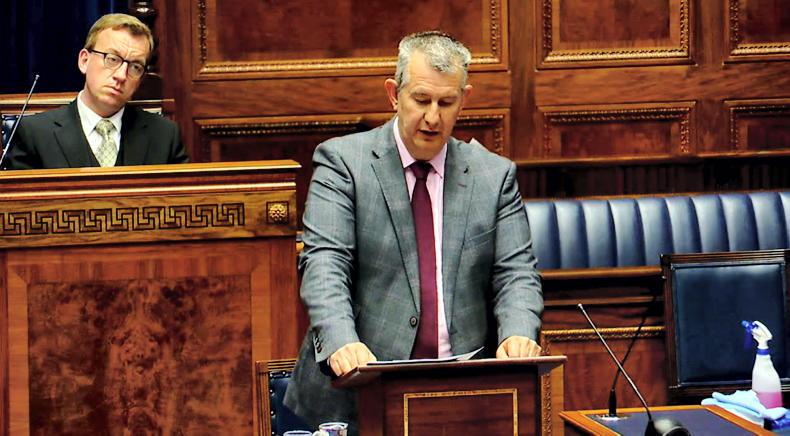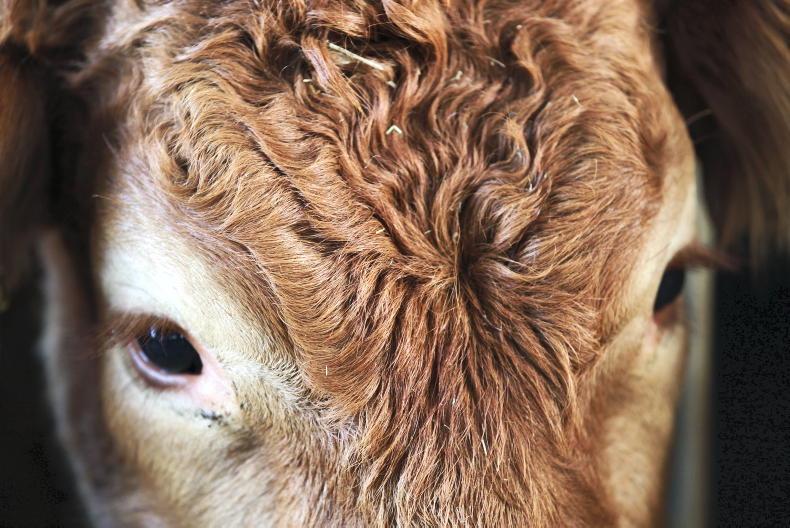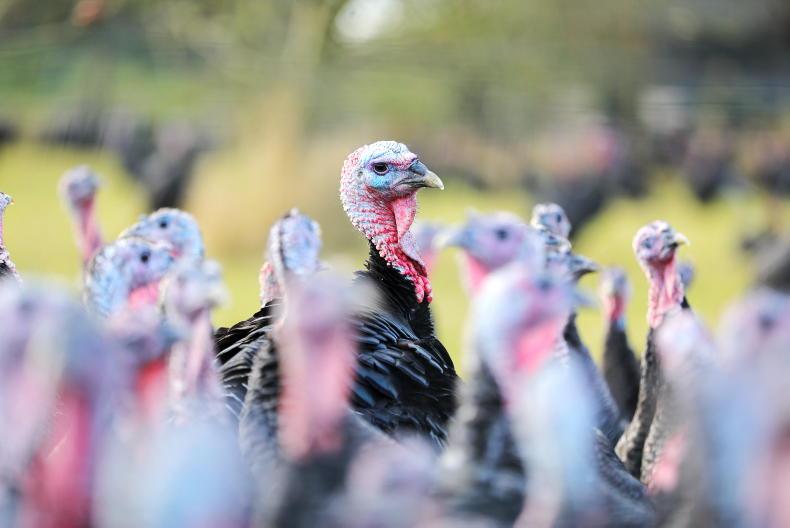Agriculture minister Edwin Poots has briefed a range of key stakeholders from the poultry sector following the detection of another suspect case of notifiable Highly Pathogenic Avian Influenza (HPAI) H5N1 in Derry over the weekend.
The suspect case is a broiler breeder flock consisting of approximately 28,000 birds in Ballinderry.
The minister also told stakeholders that the two previous suspect cases in a commercial poultry flock near Markethill, Co Armagh, and a commercial duck flock in Coagh, Co Tyrone, were confirmed as positive for HPAI H5N1 following results from the National Reference Laboratory.
This brings the number of confirmed outbreaks in Northern Ireland so far to four, with one suspected case awaiting confirmation.
Another suspect case has also been reported in Emyvale, Co Monaghan, but has not yet confirmed by the Department of Agriculture.
Speaking after the meeting with producers, transporters and feed companies, Minister Poots said: “Unfortunately, over the weekend, we have detected one more possible incursion of HPAI H5N1 in a commercial flock in Co Londonderry.
"There is no doubt that this is a very difficult time for the poultry industry, as they try to prevent an outbreak in their own flock and I do not underestimate how stressful it is, to be so vigilant every hour, of every day.
"But I can assure you, suffering an outbreak and facing the cull of your flock is even more devastating and I urged the poultry industry to take further steps to assist farm families and business to take every precaution possible to protect their birds and their livelihoods.
"Right across Europe and the UK, we are seeing this strain of avian influenza wipe out small backyard keepers with one or two birds, to large commercial businesses with over 500,000 birds."
'Worst outbreak ever'
The minister said that that this is now the worst outbreak ever across the UK and yet another stark reminder of the importance of biosecurity measures.
"This is a particularly persistent strain and it will use any lapse in biosecurity to gain access to a flock.
"Everyone must not only use our biosecurity checklist to see if they’ve ticked all the boxes, but get into a routine of checking it every morning.
"Make sure there are no forgotten or damaged access points and review your procedures every day to reduce the risk," he said.
The self-assessment biosecurity tool can be found at (daera-ni.gov.uk).
As a precautionary measure, following initial laboratory results, appropriate disease control measures have been introduced, including the humane culling of the affected birds and the introduction of a Temporary Control Zone (TCZ), to mitigate for onward disease spread.
Samples have been sent to the National Reference Laboratory to confirm strain and pathogenicity. Should HPAI be confirmed, these TCZs will be revoked and a 3km Protection Zone (PZ) and 10km Surveillance Zone (SZ) established around the infected premises.









SHARING OPTIONS